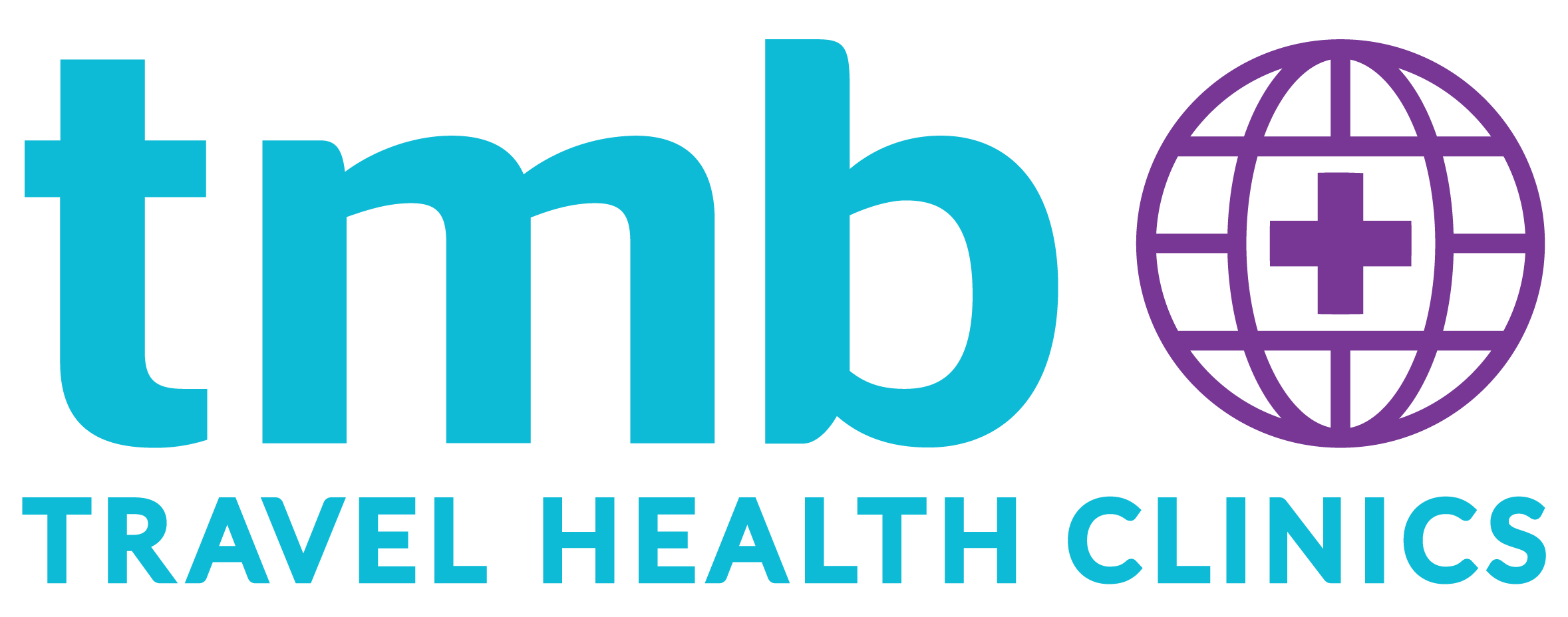Suffering with a pounding headache, sore throat and a high temperature? Chances are you may have come down with a case of the dreaded Freshers’ Flu.
As you return from your travels and dive into your first week at university, meeting new people, getting a taste of the night life and just about getting yourself to jam-packed lecture halls the next morning, the last thing you want is a terrible cold dragging you down.
If you’re trying to get through this Freshers’ week ‘flu-free’ or looking for the perfect remedy for your already sore head, TMB have crafted the perfect guide for you.
Causes
Freshers’ flu is normally caused by a few different things, including:
- Returning from travelling
If you have just returned from a summer of backpacking to “exotic” countries, it is especially important to pay attention to your ‘Freshers’ Flu’ symptoms. Fevers, muscle ache, and headaches are among the frequent symptoms of many tropical diseases that are similar to illnesses like Freshers’ Flu. Watch out for symptoms such as diarrhoea, nausea, vomiting, lethargy, chronic weariness, or skin rashes as this may be a sign that you have contracted a tropical disease
- Late nights & early mornings
Freshers’ week is bursting with events and parties that are just too good to miss. However, going out every night and hauling yourself into early morning lectures the next morning will not do your immune system any favours.
- Mingling with new friends
Starting university means meeting plenty of new people from all over the country and the world. As exciting as it is making lots of new friends, some people may be carrying viruses you’re not yet immune to.
- Alcohol
It is a fact that drinking too much alcohol will weaken your defence against viruses. Try take a day or two off to let your body recover.
Cures
If you have been cursed by the dreaded Freshers’ Flu, here are Tropical Medical Bureau’s top tips to help you recover:
- Consult TMB or your local healthcare provider
If you have just returned from a summer of travel to “exotic” countries and fear your Freshers’ Flu may be showing symptoms of a tropical disease, it is important to consult TMB or your local healthcare provider. Follow this link to learn more about the symptoms of tropical diseases when you return from travelling: https://www.tmb.ie/general-advice/when-you-return
- Drink plenty of water
Drinking lots of alcohol will leave your body dehydrated. Stay on top of your water intake during the day to help your body recover from the night before.
- Eat well
Obvious, we know. Keeping on top of your Vitamin C intake and fuelling yourself with your 5-a-day will give your body a fighting chance to beat the Freshers’ Flu.
- Get a good night’s sleep
If you’re feeling unwell, take a day or two to get some rest. Getting enough sleep is the key to a speedy recovery.
- Mind your head
Many things about starting university can be stressful. Make sure to take some time out when needs be and look after your mental health.
ENDS
About TMB Group
The TMB Group (encompassing Nomad Travel in the UK) is the leading travel medicine clinic group in Ireland, specialists in providing the best information and medical care available for the international traveller. Collectively, the TMB Group sees approximately 60,000 patients on an annual basis, ranging from the private holidaymaker to employees of commercial companies, and overseas volunteers to NGO’s and Government departments, all of whom benefit from the expertise of our highly experienced clinic staff.
Since it was founded in 1988, TMB has undergone major growth and expansion to currently encompass 27 clinics, 20 clinics in Ireland (four base clinics and 16 associate clinics). In 2016, TMB acquired Nomad Travel Clinics in the UK. Nomad Travel Clinics has 30 years experience in travel health, pharmacy & retail, throughout 7 clinics across the UK.
What distinguishes TMB is our vast experience and expertise, as well as our superb patient aftercare. All our patients have a detailed consultation with one of our specialised healthcare staff. This covers everything from food and water risks, mosquito avoidance, malaria and thrombosis, as well as risks associated with altitude exposure, and also Zika and COVID-19 risks, which may be associated with your trip. Following a detailed consultation, we then decide on which travel vaccines and malaria tablets are appropriate. Our specialised travel medicine software is constantly being updated with travel news, so if anything is happening in your destination that you need to be aware of, we’ll make sure you are.

